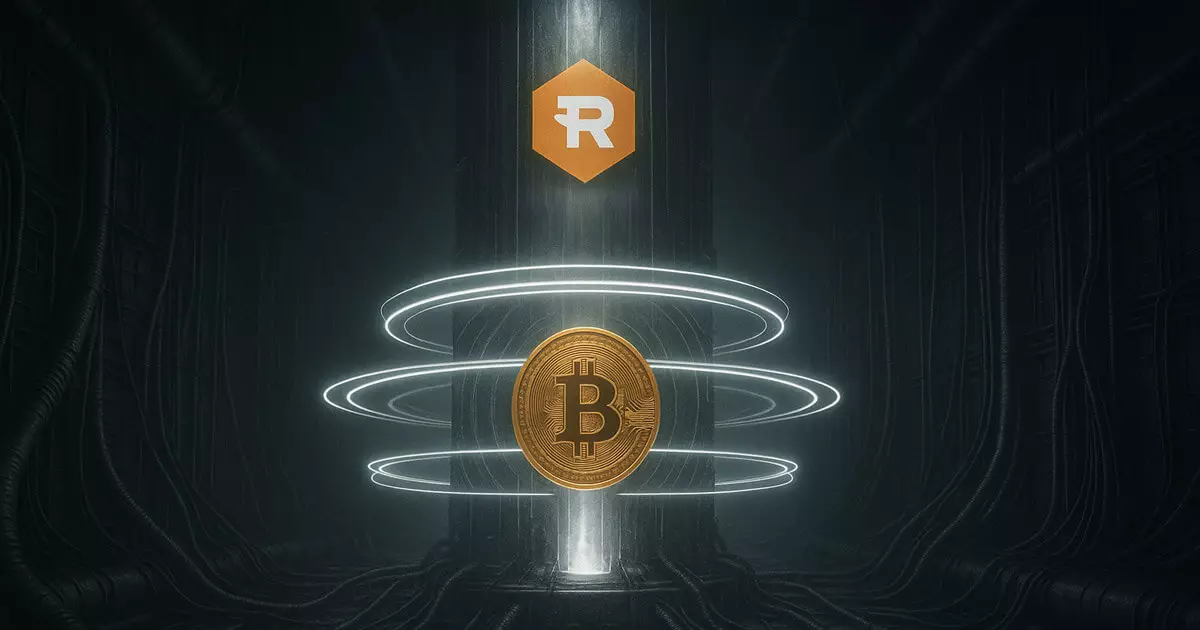Riot Platforms has recently secured a credit agreement worth $100 million with Coinbase, a strategic move that positions the company to bolster its expansion efforts in a tumultuous market. By using its substantial Bitcoin holdings—approximately 19,233 BTC valued around $1.8 billion—as collateral, Riot stands out as a prominent player among corporate Bitcoin holders. This approach reflects a calculated risk amidst economic uncertainties and a fluctuating regulatory landscape. CEO Jason Les emphasized the significance of this funding mechanism, describing it as non-dilutive and aimed at enhancing long-term shareholder value. However, while such high-stakes financial maneuvers can be seen as innovative, one must question whether this reliance on Bitcoin as collateral is truly indicative of a strong, sustainable business model or merely a short-term band-aid to address deeper systemic issues in the mining industry.
Challenges Faced by the Mining Industry
The broader context for Riot Platforms reveals a landscape fraught with challenges. A recent Bitwise report sheds light on two primary issues that plague Bitcoin miners in the United States: exorbitant tariffs and rising mining difficulty. Tariffs ranging between 24% to 46% on equipment imported from key manufacturing countries such as Vietnam, Thailand, and Malaysia have created a daunting financial burden for miners. Such regulatory impediments not only hike equipment costs but also significantly compress profit margins, altering the competitive dynamics of the industry.
Simultaneously, with mining difficulty reaching unprecedented levels, the hashprice—a crucial metric for miner profitability—has plummeted to around $48 from over $60 earlier in the year. This fall dramatizes the painful reality for miners who find themselves not just battling a fluctuating crypto market but also a landscape increasingly skewed against their operational viability.
The Shift Away from Mining Stocks
Investor sentiment is shifting, too. The growing popularity of Bitcoin exchange-traded funds (ETFs) and corporate treasury rivals—companies that provide a more straightforward route to Bitcoin exposure—has resulted in dwindling interest in traditional BTC mining stocks. This trend poses a serious existential threat to firms like Riot Platforms, which rely on investor confidence in mining as a profitable enterprise. With competition innovations paving easier paths for investment, it’s essential to consider whether Riot’s credit facility can ultimately hold the company’s prospects together or if the traditional mining business model is on the precipice of obsolescence.
Balancing Innovation with Viability
The path Riot Platforms has chosen, resting heavily on its Bitcoin holdings and credit agreements, might offer short-term relief, but it inherently bears risks. Relying on the volatile nature of cryptocurrency to secure finance raises ethical and strategic questions. As the market evolves rapidly, companies like Riot must pivot and adapt or risk becoming relics of a bygone era. This situation calls for innovative strategies that balance the immediate need for capital with the overarching goal of sustainability in a fickle marketplace. The next few months will be critical in determining whether Riot’s experiment is a pioneering success or leads to further disillusionment in the mining sector.

